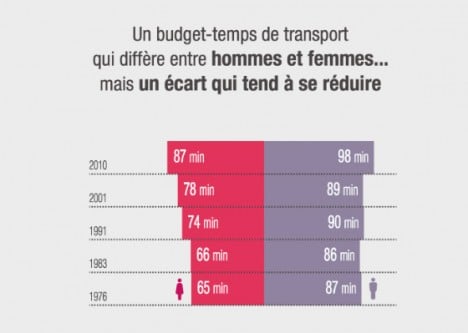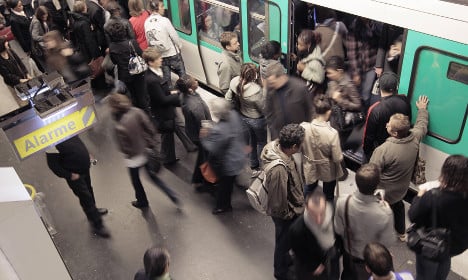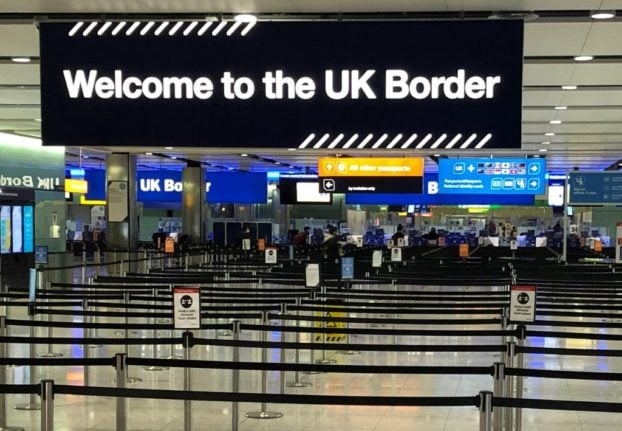92 minutes. That’s the amount of time on average that people in the Paris area spend on public transport each day of their lives.
And if the figure is only applied to those who work then it rises to 113 minutes each day.
So basically that’s over an hour and half sitting, or more likely standing, on the Metro, RER trains or buses according to a new study by France’s Urban Development institute.
And Parisians and those living in the surrounding Ile-de-France region are spending 10 minutes more on public transport than they did in 2010 and more than a quarter of an hour more than they did in 1980.
The study said the rise is not linked to work or studies but by people spending more time travelling for “private activities”.
And the chart below shows how it’s worse for men than women.

What’s more depressing is if the average daily time on transport is multiplied to work out how much time a resident of the Paris region spends on public transport each year.
And we work it out to be 588 hours or 23 days.
Now that’s a long time to spend holding on to a greasy pole on the Metro or squished under the armpits of fellow commuters on the RER each year.
The study showed that the Metro and the RER in Paris have overtaken cars as the most used means of transport to get around.
Unsurprisingly the inhabitants of other cities around France spend less time than Parisians on public transport.
For example in Lyon, the average time is 67 minutes a day. That’s just one minute more than the folks who live in Lille and Bordeaux. In Marseille it was 64 minutes.
The reason why it’s worst in the Paris area is that people’s workplaces are often far from where they live and that the density of traffic means that the average speed of many journeys is slower in the capital.
The survey found that one in five people in the Ile de France area passed the two hour mark for time spent on public transport compared to 12 percent in cities around the country.
The study notes however that Parisians accept these longer times “more or less in good grace” in exchange for the bigger labour market.



 Please whitelist us to continue reading.
Please whitelist us to continue reading.
Member comments